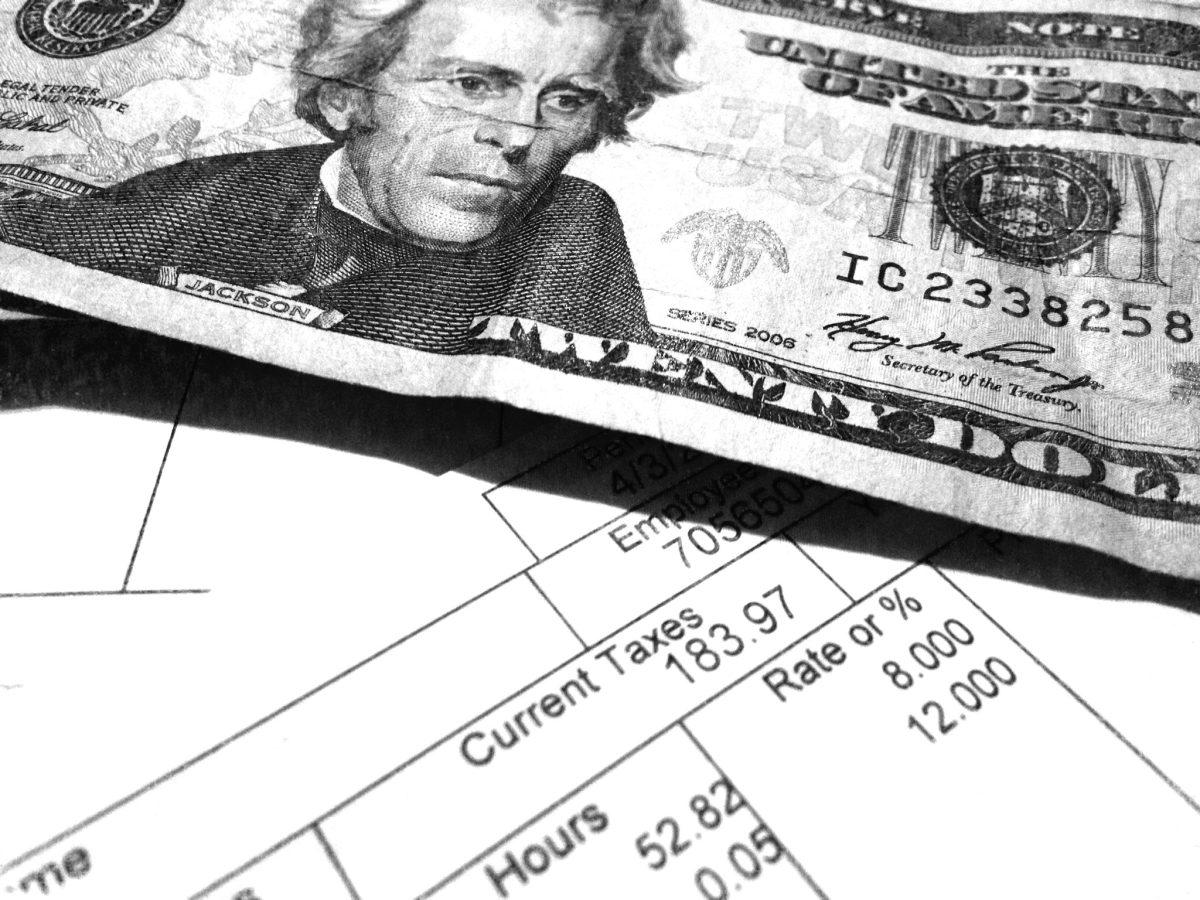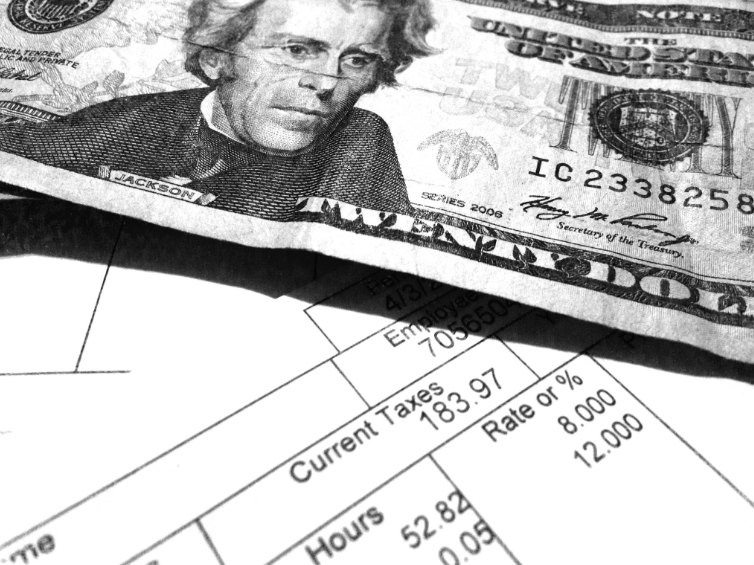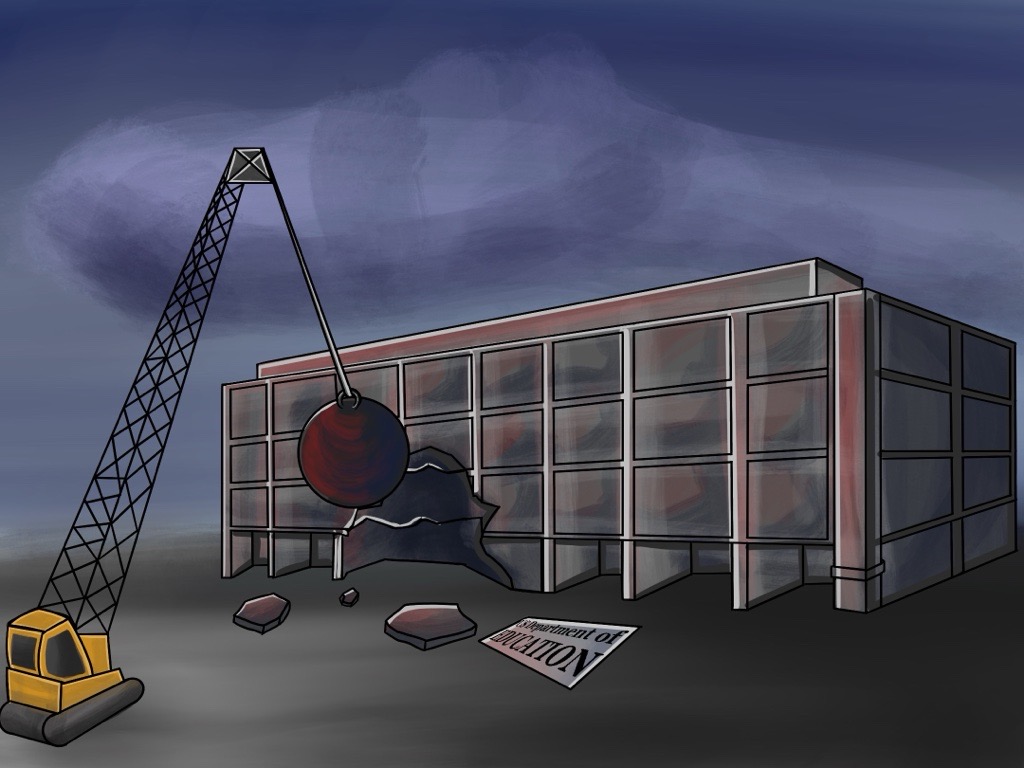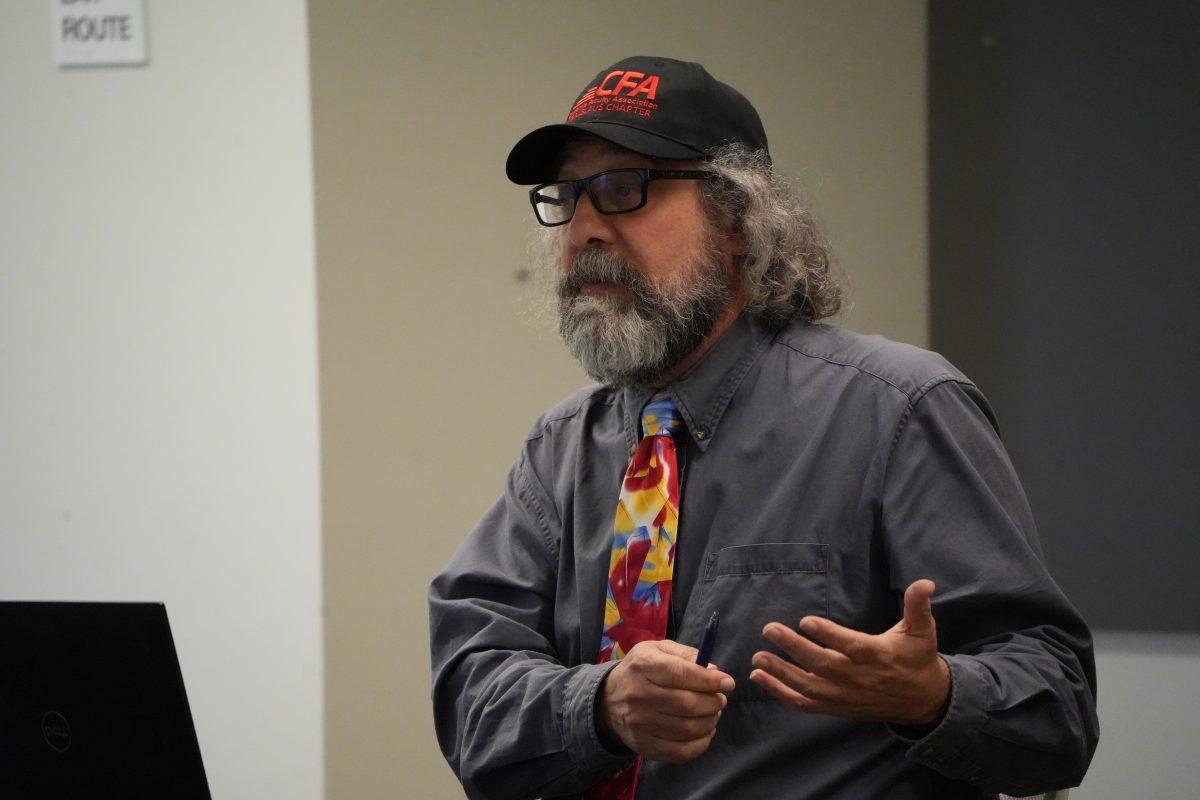For the first time in six years California has successfully passed a law to raise the minimum wage from $8 to $9 per hour, effective July 1, 2014.
Although AB 10 was originally approved by voters in early September, Governor Jerry Brown did not sign until Oct. 2, officially making it state law.
Though there are many at California State University, Stanislaus unemployed or already working above minimum wage, students can still be impacted by this change.
“[The managers] won’t want to hire any more people since they’re wasting more money, because they’re going to pay more,” Nellie Chavez (junior, Spanish) said in regards to the new law affecting her chances of finding employment.
Those who already have jobs also worry that there could be negative ramifications to the raising of the state’s minimum wage.
“Hopefully I still have my job,” Kendall Blades (junior, Business Administration) said. Blades works at a restaurant in Tracy and is not sure employers will be able to keep up with the new wage requirements.
“I don’t know if people are going to get fired or what not, if businesses can’t pay with higher minimum wage.”
AB 10 was introduced in December, 2012.
The proposal initially called for a 25 cent increase to minimum wage on the first of every year throughout 2017 in order to “maintain employee purchasing power,” according to the original legislation.
Had this legislation succeeded, the current $8 minimum would have raised to $8.25 on Jan. 1, 2014, then to $8.50 the following year and so forth.
Wages would continue to rise without being reintroduced by legislation each year.
However, the final bill passed by Governor Brown adds a dollar directly to minimum wage in July 2014, and then again in July 2016, resulting in a two-dollar jump in three years.
“AB 10 is about equity,” Luis Alejo, representative of the 30th Assembly District and author of the amendment to AB 10, said while pushing for the bill in Sacramento, according to Assembly Access.
“It puts money directly in the pockets of workers struggling to provide food, clothes and housing for their families.”
Still there are those on campus who believe that while the intentions of the law were noble, the legislation may do more harm than good.
“I think it’s a good concept, but I know that when they raise our pay then everyone else is just going to raise the prices on everything,” Jacob Harper (freshman, Communication Studies, Spanish) said.
The new California law will take effect in July of next year, while the class of 2014 heads out into the professional workforce and continuing students attempt to make some extra money over the summer.
Whether the impact of this change on the student body will be negative or positive shall soon be discovered.
“Both sides are good and bad,” Blades said.
“The good side is that minimum wage is getting higher so I’ll get paid more, but the bad side is that people are going to be getting fired if [small businesses] can’t afford it.”
Categories:
Minimum Wage on the Rise
By Melissa De Leon
•
October 11, 2013
0
Donate to Signal
Your donation will support the student journalists of California State University, Stanislaus. Your contribution will allow us to purchase equipment and cover our annual website hosting costs.
More to Discover








